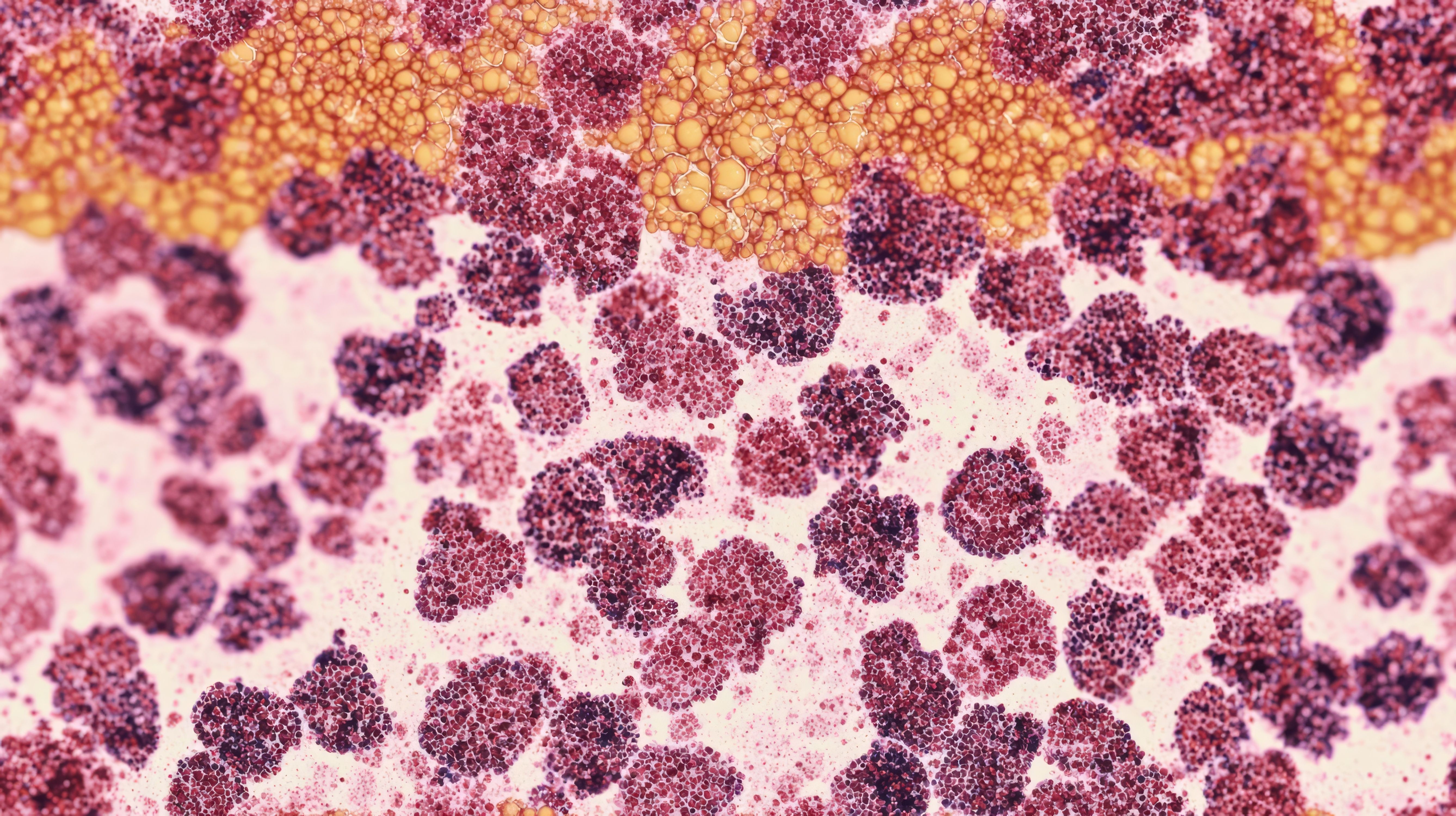Article
HIV-Infected Patients with Early-Stage Cancer Less Likely to Have Disease Treated
Author(s):
Study finds cancer management guidelines need to be updated to account for patients with HIV.
Study finds cancer management guidelines need to be updated to account for patients with HIV.
Patients infected with HIV who also have early-stage cancer are less likely to receive the appropriate treatment for their cancer, according to a recent study by researchers at Penn Medicine’s Abramson Cancer Center and the National Cancer Institute.
The study, published online June 30, 2014 in the Journal of Clinical Oncology, examined 3000 HIV-infected adults and 1 million cancer cases without HIV infection. The researchers focused on patients who were diagnosed with non-Hodgkin lymphoma and Hodgkin lymphoma, or cervical, lung, anal, prostate, colorectal, and breast cancer over a 15-year span.
The study found that in early-stage cancers with the highest chance of being cured through treatment, patients with HIV are 2 to 4 times less likely to receive the appropriate treatment for their cancer, according to a press release by the Perelman School of Medicine at the University of Pennsylvania. Even when accounting for variations in age, gender, race, and the stage of the cancer, patients with HIV who also have lymphoma, lung cancer, prostate cancer, or colorectal cancer, were nearly twice as likely to go untreated for the cancer.
“Patients with HIV have typically been excluded from clinical trials, and therefore oncologists do not know if the best available treatments are equally safe and effective in those with HIV,” said study lead author Gita Suneja, MD, in the press release. “Many oncologists rely on guidelines based on such trials for treatment decision making, and in the absence of guidance, they may elect not to treat HIV-infected cancer patients due to concerns about adverse side effects or poor survival.”
The study finds that enrolling HIV-infected patients in clinical trials for cancer would help in closing the disparity gap between those with both HIV and cancer and the uninfected cancer patients. The researchers also note that cancer management guidelines need to include recommendations for patients with HIV.
“The results of this study are very concerning and require further investigation to understand why such a substantial proportion of HIV-infected cancer patients are not undergoing life-saving treatment,” Dr. Suneja said in the press release.
Newsletter
Stay informed on drug updates, treatment guidelines, and pharmacy practice trends—subscribe to Pharmacy Times for weekly clinical insights.




